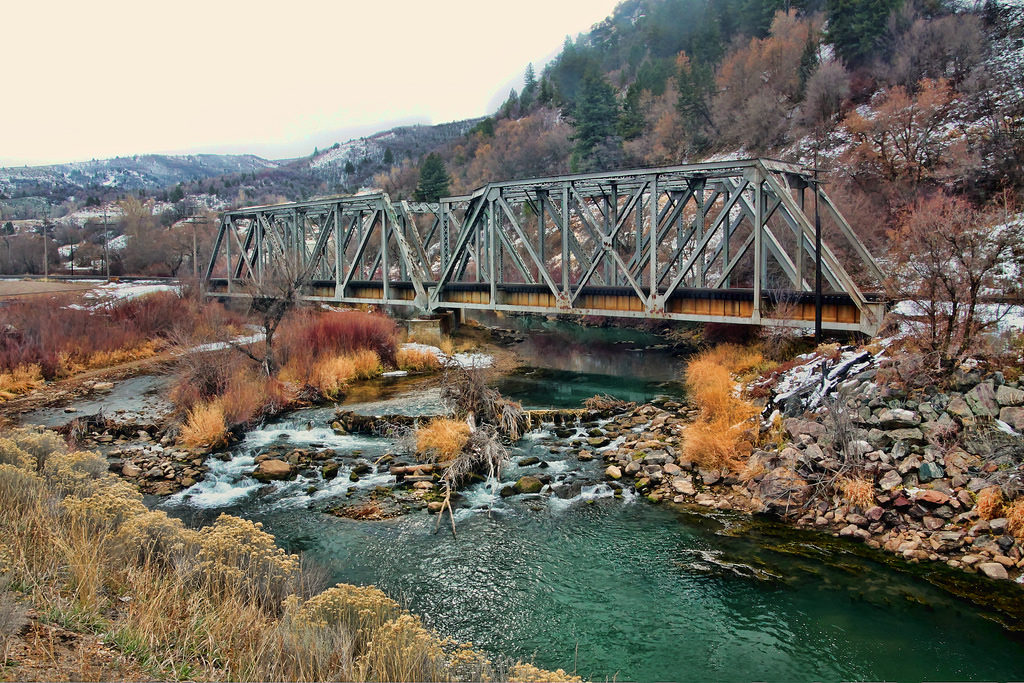Utah anglers have something extra to be thankful for on Thanksgiving.
The Utah Supreme Court ruled unanimously on Wednesday in favor of the Utah Stream Access Coalition in the non-profit’s suit against Orange Street Development. The State of Utah was also named as a defendant in this case.
The ruling gives immediate public access to sections of the Weber River that flow through private property.

Through the help of Weber State University’s Stewart Library archives, Utah Stream Access Coalition obtained evidence of commerce on the Weber River prior to statehood.
USAC provided an expert who showed that historical logging drives, floating timber and railroad ties were necessary because overland transportation was not feasible at the time.
In the 2008 case of Conatser v. Johnson, the Utah Supreme Court ruled that the public has access rights to stream beds flowing through private property, so long as touching the stream bed is incidental to lawful activities such as fishing or boating.
In 2010, the Utah legislature passed HB 141, the Public Waters Access Act, which restricted the easements declared in Conatser v. Johnson. USAC challenged the constitutionality of this legislation in November of that year.
In the decision, Associate Chief Justice Thomas R. Lee wrote, “We conclude that there was sufficient evidence to support the district court’s determination that the relevant stretch of the Weber River was commercially useful on a regular basis, and not merely in an occasional season of high water. And we deem that evidence sufficient to establish navigability of the river where it crosses the property at issue in this case.”
The Utah Supreme Court has not yet ruled on the Provo River case, another public access case challenging HR 141’s constitutionality. Utah Stream Access Coalition has argued more broadly in this case that “the waters flowing in Utah’s rivers and streams are and have always been owned by the public” and “these rights are protected by Utah’s Constitution.”













